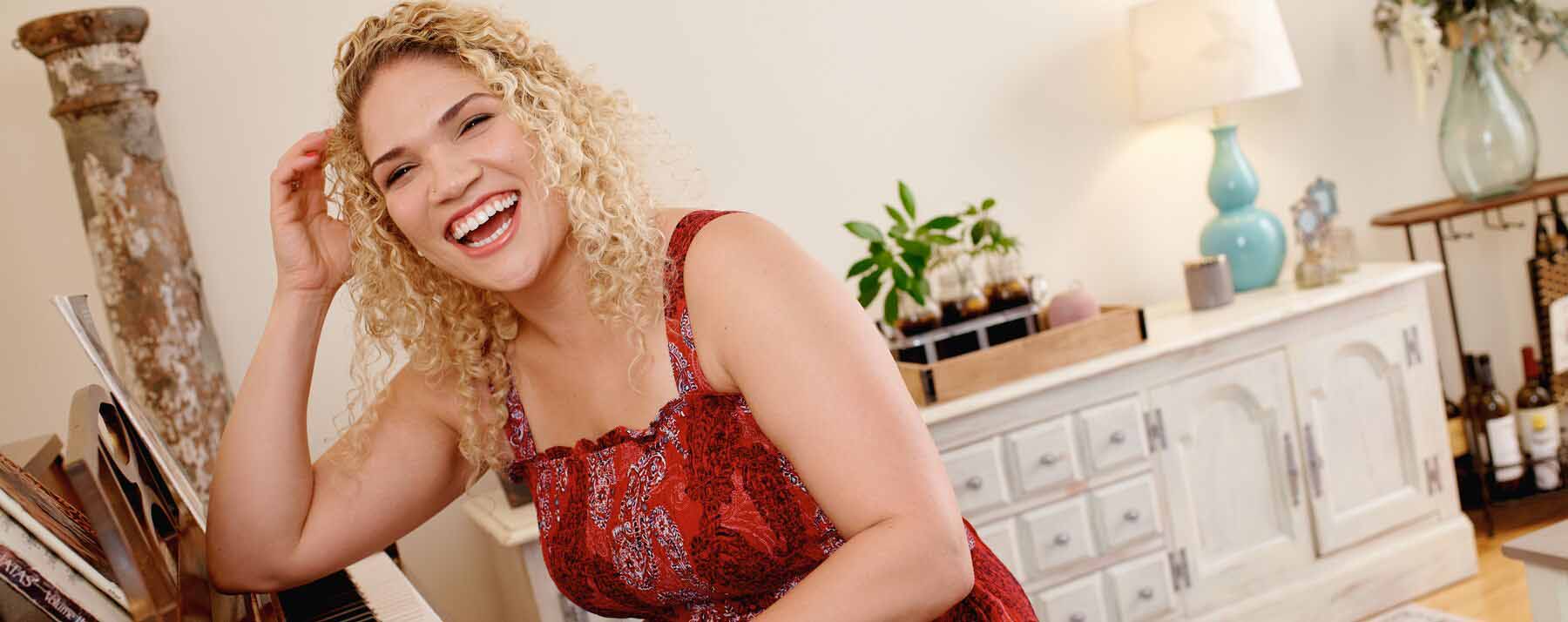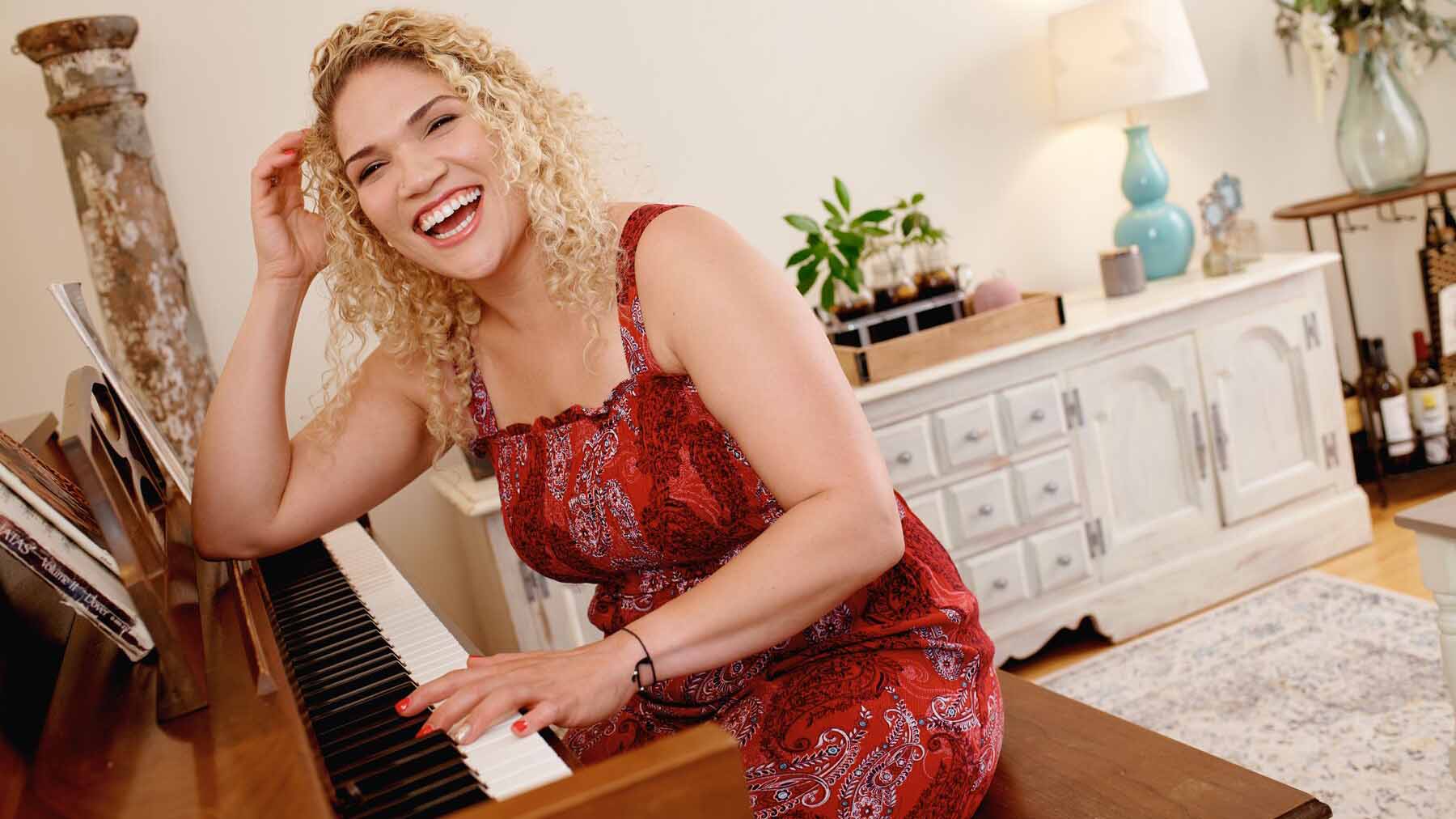

Many of us have heard that old saying, “listen to your gut,” but how many of us do it? The concept of intuition, an inner voice or a higher self is often dismissed, so we may wonder if that “gut feeling” really even means anything. Ultimately, whether you believe in intuition is up to you, but if you want to try listening to your inner self a bit more, here’s how to do it.
“I believe that listening to your gut is synonymous with intuition,” says Darleen Barnard, a personal trainer and health coach who owns Fit4Health in Las Vegas. “It is the ability to trust that ‘feeling’ or that ‘inner voice’ that comes from deep from within your subconscious mind … .”
However, she explains, “it is not a conscious process; therefore, it is very difficult for most of us to rationalize or explain. Because we can’t rationalize or explain it, we sometimes dismiss it or [don’t] listen to it like we should.”
Why do so many of us find it difficult to do?
In addition to it being an unconscious process, Barnard says there are a couple other things that make it hard for us to listen to our inner voices.
- Noise: “Our society continues to speed up and the ‘noise’ is deafening,” she says. “We spend so much time multitasking with to-do lists that are overflowing. Our schedules are so busy that we struggle to ‘do’ and we don’t have any time to just ‘be.’ We have to be intentional and find quiet time every day to get in touch with ourselves again so we can learn to trust our intuition and listen to our subconscious mind.”
- Shorter attention spans: “As we continue to get bombarded with hyperlinks, text messages and the constant dinging of our phones, our brains are literally getting rewired.”
How can we tap into our inner voice and listen to that gut feeling?
If everything around us is making it more difficult to listen to our inner selves, then how can we get better at doing it?
“We have to be intentional and we have to get quiet,” says Barnard. “Meditation is an excellent start. For those who are new to meditation, I recommend guided meditation.”
Check out the guided audio meditations in the WW app through our partnership with Headspace to help you get centred and practise mindfulness.
Milena Regos, certified Human Potential coach and co-founder of Unhustle, also recommends practising meditation, mindfulness, and breathing techniques.
“Disconnect with your phone and go out in nature,” she says. “Forest bathing is a term coined in Japan to explain the deep connection between humans and nature. Nature is a powerful healer. Walk slowly, observe every small detail, use all of your five senses to get completely immersed in the experience and you will tap into your whole being, your entire body wisdom, your gut, your higher self.”
Regos also suggests tapping into the mind-body connection by doing activities such as yoga, Qigong or Tai chi.
“Start small, five [to] 10 minutes each day and see how you feel. Then, on the weekend, hit the trail and go for a two-hour hike. You will start to feel and experience your body in a completely new way.”
“Journaling is another great way to tap into that inner voice,” Barnard adds. “The process of using language to take our feelings and put them into words helps us tap into our intuition. It forces us to slow down racing thoughts and it helps us to decode those gut feelings.”
How do we know when we’re finally listening to our gut?
Barnard says she believes listening to your inner self is a constant journey.
“We don’t just wake up one day and know we have arrived, but I do think there are several clues that we are on the right track,” she says.
Take a look at Barnard’s clues to see if you’re listening to your gut:
- When we can articulate what our values are and what our purpose is;
- When our actions are aligned with our own values and purpose – we don’t do things just “because” – we have an intentional reason for doing what we do. We do what is important to us, not what is important to others;
- When we feel a sense of peace – when we don’t feel conflicted or like we are being pulled in two different directions;
- When we live “at cause” and not “at effect” – we create our own results.
